Málaga-born Guillermo Rodríguez Navarrete is one of the most popular nutritionists in the United States. His recipe: common sense, avoid diets, and use Olive Oil as the basis for his programs. Today, he gives us some recommendations for eating better and, above all, more healthily.
We’ve heard you have a very close relationship with Olive Oils from Spain. When did you discover them and begin to include them in your work?
My teacher and scientific mentor was Professor Jose Mataix Verdú, known as the “Olive Oil apostle.” We have him to thank for much of what we now know about Olive Oil. He was even able to confront his teacher Grande Covián, who, at the time, was promoting seed oils from the U.S. After a difficult scientific fight, Mataix won the battle for Olive Oil, and today no one in Spain or the rest of the world doubts this oil’s benefits for our health.
The Olive Oil world is like the wine world; once you get into it, you can’t get out. It’s a simple and complex product at the same time. It’s a pure juice from a fruit that, depending on the variety, can provide different flavors and qualities. However, even so, all of these varieties have one thing in common: they are good for our cells and biological processes.
In addition to Mataix, I was in contact with a lot of scientists from Jaén. Together, we wrote a book called “Olive Oil: its extraction and properties,” which was very well received. That was one of four books on Olive Oil which I worked on during the five years I was at the Nutrition Institute of the University of Granada. Given that background… it was impossible not to fall in love with it, and to want the rest of the world to get to know it better.
Guillermo Rodríguez Navarrete rejects the concept of dieting and advocates for nutritional education. Why?
Because we’ve been on diets for 50 years, and the world is fatter than ever. If there’s something I learned during my two years in Guatemala, when we visited orphanages with malnourished children, it’s that you shouldn’t simply give them food, but rather help them to be self-sufficient and to produce their own food, emulating that Chinese proverb of “give a man a fish and he’ll eat for a day; teach a man to fish and he’ll eat for a lifetime.” Well, interestingly enough, the same is true with obesity. We shouldn’t prescribe more diets, we should teach people to eat. We have to educate the world in something that, unfortunately, is not taught in school.
What’s difficult is that nutrition is not like mathematics. There, 2+2 is always 4, and that’s that. Nutrition is a very young science, and there are too many theories, hypotheses, and interpretations that, together with the commercial interests of the processed food industry, make nutritional education a current and future challenge. But we must take it on and begin to tell the truth without fear, and without mincing words.
One of the keys for that distinction could be enjoyment. Do you think that nutritional education implies a change in habits and a different approach to food?
Absolutely. It’s increasingly clear that in addition to knowing how to eat, we have to know how to live. Our meal schedule, our sleep schedule, our daily physical activity… all of this is also crucial for our health. If everything continues to advance as it should, in the future more diseases will be treated with lifestyle modifications than with medications.
With regard to food, we do indeed need to approach it in a different way. It’s not just focusing on eating real food, and staying away from ultra-processed foods, it’s also asking ourselves why we eat. Today, half of us eat the first thing we find, and the other half eat what we feel like having. The former eat to get rid of hunger, and the latter eat to satisfy their palate. Someone needs to explain clearly to them that we eat to obtain energy and nutrients for our cells, and that instead of satisfying the palate (which doesn’t represent even 1% of our body), we need to satisfy the other 99%. We either need to do that, or be prepared to get sick.
In that regard, what role does Olive Oil play in your programs?
It’s always the foundation. In my patients’ nutrition plans, Olive Oil is used both raw and for cooking. There are only some recipes where they resist a bit because of the flavor, which seems strong to them. It’s very difficult, for example, for someone to try mayonnaise made with Olive Oil and for them to like it on the first try. But on the third, they get used to it and they love it.
What do your “patients” say when you advise them to consume Olive Oil?
They’re all pleased about it, and they make it part of their life and that of their families. Many ask me why I don’t tell them to eat coconut oil… you just have to stop and look at how many studies there are on each to understand that, in terms of health, there’s a lot more certainty about the benefits of Olive Oil.
What are the golden rules to eating healthy every day?
Rule number one is, without a doubt, to base your diet on real food, which has not been processed or only minimally processed, such as Olive Oil, and to avoid ultra-processed foods.
Number two, to return to natural, healthy fats in our diet, especially at breakfast, replacing carbohydrates. This satiates you better during the rest of the day, preventing anxiety in the afternoons.
Rule number three is to limit your sugar and flour intake as much as possible.
Four, prioritize meal time over our other daily tasks. None of this eating quickly and rushing to return to work. None of this leaving the house without eating breakfast because “you don’t have time.” Can you imagine explaining to your car that you’re not going to fill it up with gas because “you don’t have time”? You also shouldn’t eat too late. Have dinner at least three hours before going to bed; and if it can be earlier, even better.
Five is, without a doubt, sleep. Those who don’t follow the above four rules will very likely have hormonal problems, and sleep depends directly on our hormones. A good night’s sleep facilitates healthy eating, and vice versa.
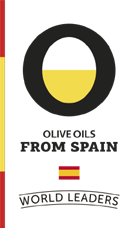

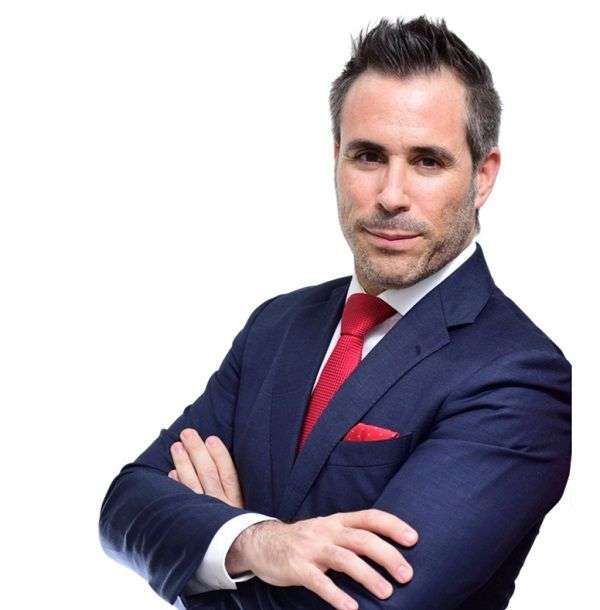

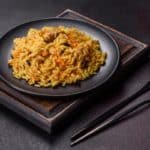



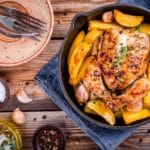

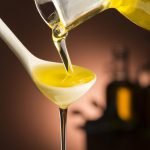
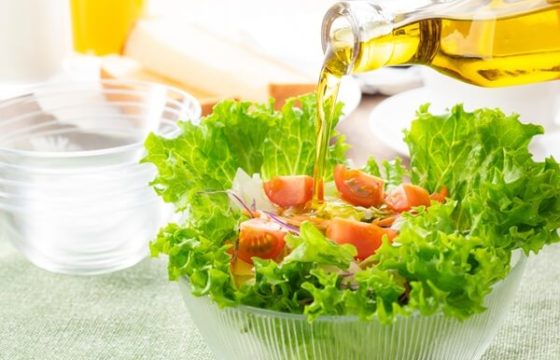
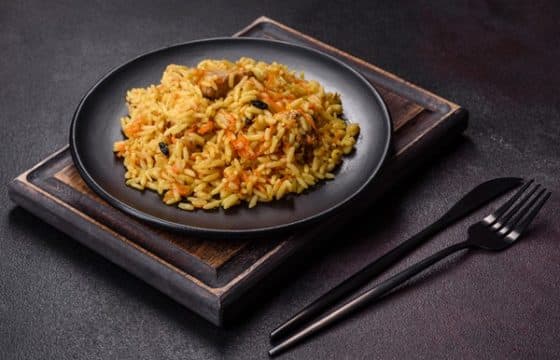
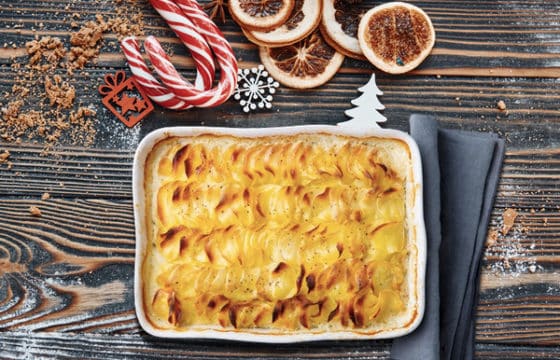

0 Comments